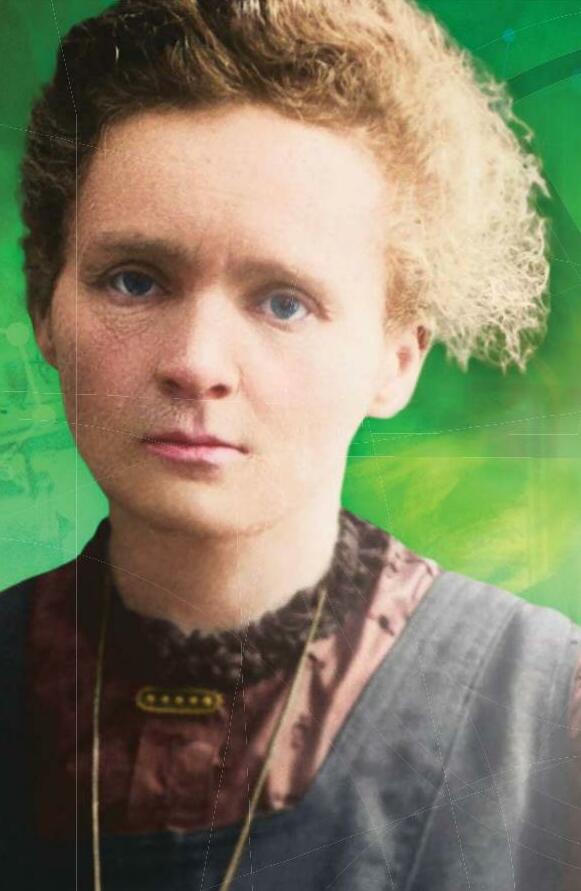
Marie Curie might have lived a long time ago, but she is still inspiring people today. This superstar scientist won two Nobel Prizes and discovered two new chemical elements. She was also one of the first researchers to investigate radioactivity and organised mobile X-ray units during the First World War (1914–1918). Curie did this just a few years after women were first allowed to study at universities. To mark the International Day of Women and Girls in Science on 11 February, let’s take a look at this remarkable scientist’s life story.
Secret schooling
In 1867, when Maria Sklodowska (as she was then known) was born, Poland was part of the Russian Empire. Around the world, women were only just beginning to be accepted into universities. The first French woman to gain a degree graduated in August 1861. In 1868, the first women were admitted to university in Britain. In Poland, however, women were not allowed to enrol in universities, so the young Maria took lessons with the Flying University, a secret college that gave lessons in changing locations such as private houses around the country.
هذه القصة مأخوذة من طبعة Issue 71 من The Week Junior Science+Nature UK.
ابدأ النسخة التجريبية المجانية من Magzter GOLD لمدة 7 أيام للوصول إلى آلاف القصص المتميزة المنسقة وأكثر من 8500 مجلة وصحيفة.
بالفعل مشترك ? تسجيل الدخول
هذه القصة مأخوذة من طبعة Issue 71 من The Week Junior Science+Nature UK.
ابدأ النسخة التجريبية المجانية من Magzter GOLD لمدة 7 أيام للوصول إلى آلاف القصص المتميزة المنسقة وأكثر من 8500 مجلة وصحيفة.
بالفعل مشترك? تسجيل الدخول

SUGAR RUSH
Join the candy craze as Claire Karwowski studies the sugary science of sweets.
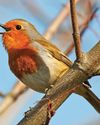
Wildlife watch
Stevie Derrick shows you what to spot in nature this month
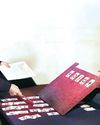
The Sixth Sense
Could humans have more than five senses?

Catherine Heymans
Meet the starry-eyed astronomer who loves backyard stargazing.
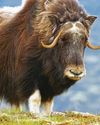
WORLD OF WHIFFS
Stevie Derrick follows her nose to track down the world's grossest stinks and nastiest niffs.

Dogs can understand names of objects
Humans enjoy talking to their dogs. If you have a four-legged friend of your own, you might have taught them to respond to commands like \"sit\" and \"stay\".
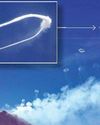
Smoke rings in the sky
In April, videos were filmed of Mount Etna, a volcano on the Italian island of Sicily, puffing what looked like smoke rings into the sky.

Huge gold nugget found
A gold nugget that could be the largest ever found in England was recently put up for auction. Metal detectorist Richard Brock discovered the nugget on farmland during an organised expedition in Shropshire last year.

Evolutionary tree shows birds in a new light
Researchers have produced the most detailed evolutionary tree of birds ever.

The largest plane to ever fly
Take a first look at the mighty Radia WindRunner aircraft